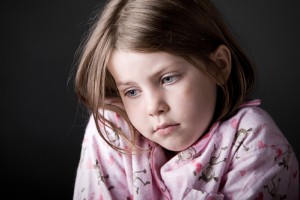
Holidays can be a challenging time for divorced families especially when people crave glowing, Norman Rockwell-type gatherings. It can be upsetting having to split holiday time with your ex and knowing that the person passing the gravy to your kids is not you, but your ex’s new partner.
These experiences, combined with the cultural expectation to have a Hallmark holiday, can send divorced parents into emotional overload. So how do you keep your charged feelings from spilling over onto your kids? Especially at handover time, which can seem like traversing an emotional minefield? Here are some tips for managing holiday drop-offs with true co-parenting finesse. Read more
 Are you an alcoholic with kids — or are you married or divorced from an alcoholic spouse? Here is how alcoholism affects child custody, and what an alcoholic parent can do to regain visitation rights. Read more
Are you an alcoholic with kids — or are you married or divorced from an alcoholic spouse? Here is how alcoholism affects child custody, and what an alcoholic parent can do to regain visitation rights. Read more







